FCA Confirms New Sustainability Disclosure Requirements (SDR)


- Author
- Marie-Anne VincentVP Strategy & Regulatory
- Category
- Insight
- Topics
- Regulations
- Published
- 07 December 2023
Contents
- Which firms are affected?
- Key takeaways
- General anti-Greenwashing Rule
- Sustainable Investment Labels
- Rules on Terminology Usage
- Disclosure and Reporting Requirements
- Implementation and Changes from Original Proposals
- How does the UK SDR compare to the EU SFDR?
- Preparing for the UK Sustainability Disclosure Requirements
On 28 November, The UK's Financial Conduct Authority (FCA) officially gave the green light on the long-awaited Sustainability Disclosure Requirements (UK SDR), which set out “to provide greater transparency, consistency, and in turn, trust, in the market for sustainable investment products.” We take a look at what the measures cover, the timeline of implementation and which companies are affected.
Which firms are affected?
Starting in 2024, approximately 50,000 financial entities will be covered by the UK SDR. They include:
FCA-regulated firms (the largest group): Subject to the new anti-greenwashing rule, these firms must ensure information provided to customers is clear and not misleading, directly linking customers to any sustainability claims.
Firms managing investment products for retail investors: Wealth managers, funds, asset management companies, and portfolio management services, along with their products, will be subject to the new UK SDR rules.
Distributors of investment products: Financial advisers and platforms that fall within the scope of the UK SDR will need to comply, displaying labels prominently alongside consumer-facing disclosures.
At present, the UK SDR exclusively applies to financial and investment products, and firms within the UK. However, the FCA has signaled potential plans to extend the rules' scope to a broader landscape at a later date.
Key takeaways
The UK Sustainability Disclosure Requirements (SDR) include a robust anti-greenwashing rule, the introduction of four distinct sustainable investment labels, regulations governing the usage of sustainability-related terms, and stringent disclosure and reporting requirements.
General anti-Greenwashing Rule
The cornerstone of the FCA's sustainability disclosure framework is the anti-greenwashing rule, addressing a prevalent concern in the industry. Set to take effect from May 2024, this rule demands that claims of a given product or service must align with its actual attributes. Emphasizing clarity and accuracy, the rule aims to combat misleading sustainability claims, ensuring that financial entities adopt responsible and transparent communication practices.
Sustainable Investment Labels
To facilitate informed decision-making for investors, the FCA has introduced four sustainability investment labels, each with distinct criteria:
Sustainable Focus: Identifies funds with a clear focus on sustainable investments.
Sustainability Improvers: Recognizes funds committed to improving their sustainability practices.
Sustainability Impact: Highlights funds with a significant positive impact on sustainability.
Sustainability Mixed Goals: A new label for funds pursuing a blended strategy encompassing various sustainability objectives.
These labels provide a standardized framework, offering investors a clearer understanding of a fund's sustainability profile. UK asset managers must share information about the full sustainability characteristics of their products before making a contract and continuously afterward. If they handle assets over £5 billion, they also need to disclose at the company and entity level disclosures.
Asset managers are obliged to disclose “details of any types of assets held for reasons other than to pursue the sustainability objective [in the product] and why these are held”, as well relevant disclosures such as “any material negative environmental and/or impacts that may arise (or have arisen) in pursuing the sustainability objective”.
These rules expand on the existing disclosure requirements already, which are based on suggestions from the Task Force on Climate-related Financial Disclosures (TCFD). The Financial Conduct Authority (FCA) plans to update these rules to align with the latest sustainability standards from the International Sustainability Standards Board (ISSB).
Rules on Terminology Usage
Recognizing the power of language in shaping perceptions and investment policy, the FCA imposes stricter regulations on the use of sustainability-related terms. Effective from December 2, 2024, these rules apply to UK authorized fund managers and UK alternative investment fund managers. The guidelines aim to ensure that terms like "green," "net-zero," and "responsible" are used responsibly and accurately in marketing materials. However, non-labelled funds can still utilize these terms, subject to specific conditions and mandatory consumer-facing disclosures.
Disclosure and Reporting Requirements
The FCA's policy statement outlines comprehensive disclosure and reporting requirements designed to enhance transparency. This includes consumer-facing information, enabling investors to comprehend key sustainability features, and information on how companies are managing sustainability related risks and opportunities. The directive mandates detailed pre-contractual disclosures, ongoing product-level disclosures, and entity-level disclosures, catering to both institutional investors and consumers seeking in-depth information.
The FCA also noted that, the UK Green Taxonomy should be aligned with the SDR to ensure that in-scope assets meet a credible sustainability standard. This multi-tiered approach reflects the FCA's commitment to fostering a robust ecosystem of sustainable finance which will deliver measurable improvements.
Implementation and Changes from Original Proposals
Originally set for publication by the end of Q2 2023, the FCA delayed the policy statement's release due to extensive consultation period and feedback. The implementation date of the anti-greenwashing rule was also pushed back to May 31, 2024, allowing for additional consultation on the policy statement and accompanying guidance. However, the labeling system can be used starting in July 2024, which is a short time frame to adapt (less than the expected 12 months).
The FCA has also made notable changes based on industry feedback:
Exclusion of Portfolio Management: Discretionary portfolios have been excluded from the scope of investment labels and disclosure regimes, reflecting the industry's concerns about workability.
Naming and Marketing Rules: Recognizing criticisms of initial proposals, the FCA revised naming and marketing rules to permit asset managers to promote non-labelled funds with ESG characteristics, provided they adhere to specific guidelines.
Introduction of a Fourth Label: The "Sustainability Mixed Goals" label accommodates funds with blended sustainability strategies, addressing a category that didn't neatly fit into the original three labels.
Implementation Date Extension: The anti-greenwashing rule's implementation date was extended to May 31, 2024, providing a consultation period for new guidance.
How does the UK SDR compare to the EU SFDR?
For a full comparison of the UK SDR with the EU Sustainable Finance Disclosure Regulation (SFDR), see our dedicated blog post.
Preparing for the UK Sustainability Disclosure Requirements
As the FCA charts a course toward a sustainable financial future, businesses must prepare for the paradigm shift in ESG compliance. The industry's response to these directives has been largely positive, with the FCA incorporating valuable feedback to refine and enhance the sustainability disclosure framework.
To prepare for the UK sustainability related disclosures, businesses can take three crucial steps:
Assess and adapt: Evaluate current practices against expected SDR requirements. Identify necessary changes, especially in governance and data processes. Find the right software provider to help you effectively track and measure your ESG data – including tracking data gaps.
Comply with existing standards: Align with the existing ISSB standards. This early adoption eases future compliance, promotes standardized reporting, and enhances access to sustainable finance. Leverage existing practices for efficient implementation.
Seize transformation opportunities: View SDR compliance as a catalyst for holistic business transformation. Reevaluate strategy, risk management, data handling, and value chain coordination. Embrace a value-centric mindset and capitalize to drive positive sustainability outcomes.
Learn how Sweep can help you comply with regulations and meet your climate targets.
More stories
Track, report and act
Sweep helps you get your carbon on-track
Sign up to The Cleanup, our monthly climate newsletter

© Sweep 2023


